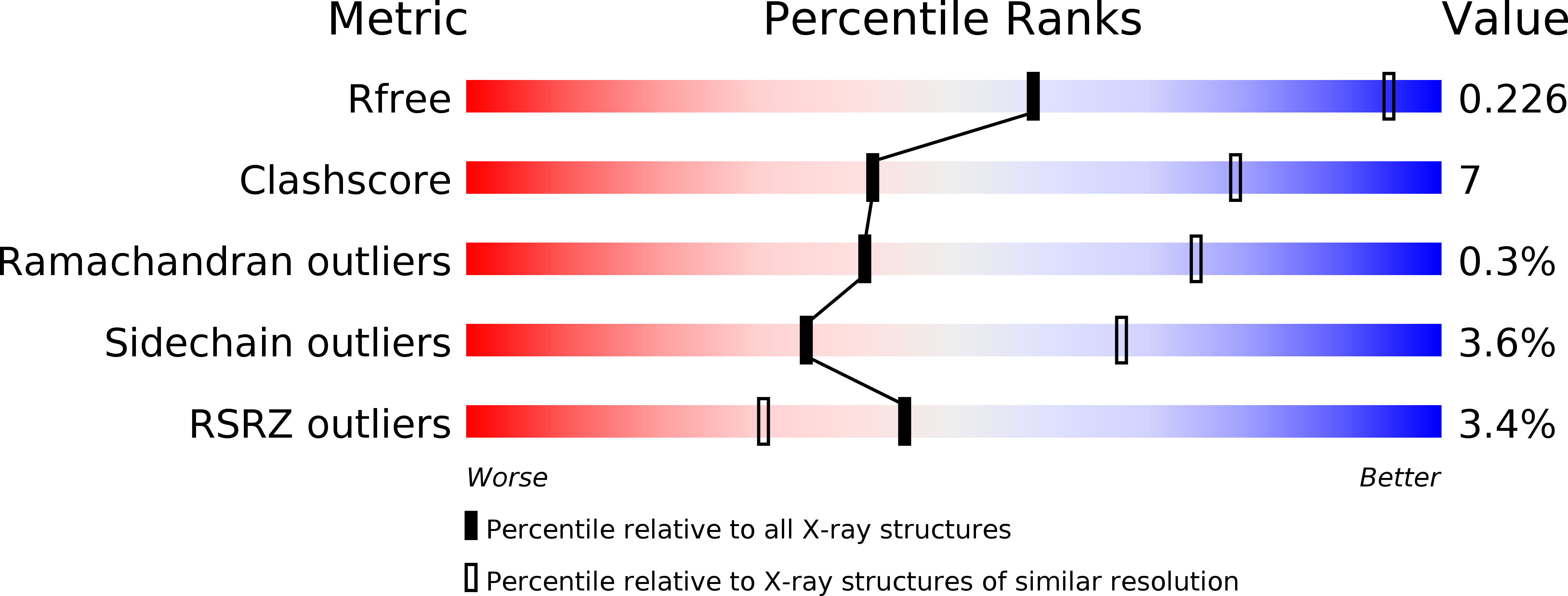
Deposition Date
2017-07-17
Release Date
2017-09-20
Last Version Date
2024-10-09
Entry Detail
PDB ID:
5OHN
Keywords:
Title:
Crystal structure of USP30 in covalent complex with ubiquitin propargylamide (low resolution)
Biological Source:
Source Organism(s):
Homo sapiens (Taxon ID: 9606)
Expression System(s):
Method Details:
Experimental Method:
Resolution:
3.60 Å
R-Value Free:
0.25
R-Value Work:
0.21
R-Value Observed:
0.21
Space Group:
P 65


